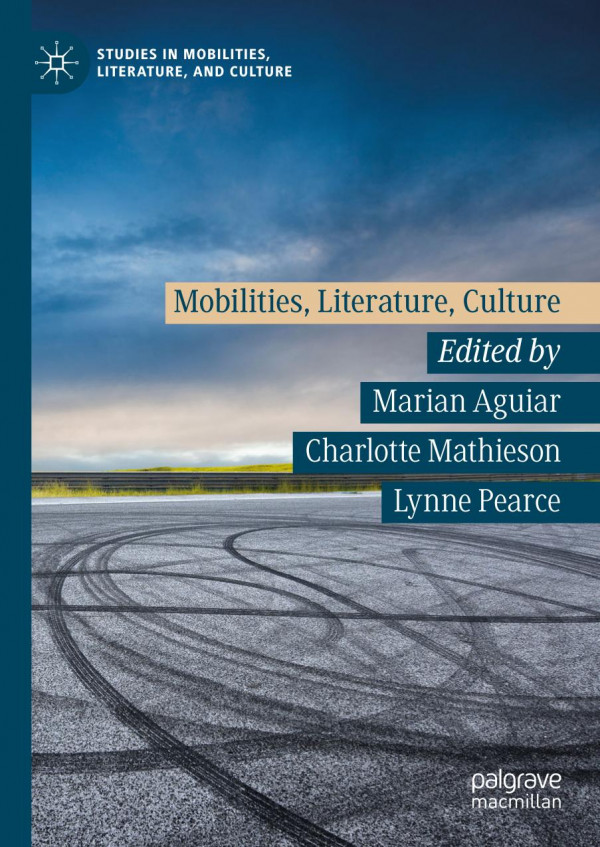

Most ebook files are in PDF format, so you can easily read them using various software such as Foxit Reader or directly on the Google Chrome browser.
Some ebook files are released by publishers in other formats such as .awz, .mobi, .epub, .fb2, etc. You may need to install specific software to read these formats on mobile/PC, such as Calibre.
Please read the tutorial at this link: https://ebookbell.com/faq
We offer FREE conversion to the popular formats you request; however, this may take some time. Therefore, right after payment, please email us, and we will try to provide the service as quickly as possible.
For some exceptional file formats or broken links (if any), please refrain from opening any disputes. Instead, email us first, and we will try to assist within a maximum of 6 hours.
EbookBell Team

4.4
72 reviewsThis is the first book dedicated to literary and cultural scholars’ engagement with mobilities scholarship. As such, the volume both advances new theoretical approaches to the study of culture and furthers the recent “humanities turn” in mobilities studies. The book’s scholarship is deeply informed by cultural geography’s vision of a mobilised reconceptualisation of space and place, but also by the contribution of literary scholars in articulating questions of travel, technologies of transport, (post)colonialism and migration through a close engagement with textual materials. A comprehensive introduction maps pre-histories and emerging directions of this exciting interdisciplinary endeavor while taking up the theoretical and methodological challenges of the burgeoning subfield. Contributions range across geographical and disciplinary boundaries to address questions of embodied subjectivities, mobility and the nation, geopolitics of migration, and mobilities futures.